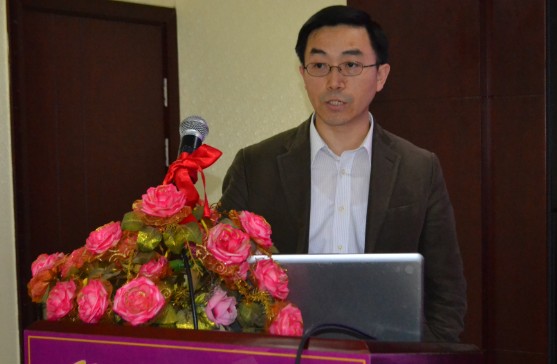机制拥堵还是大国协调—区域外大国与湄公河地区开发合作
Mekong Congestion or Great Powers
Coordination?–Outside Great Power Participation in Mekong Region Development
Cooperation
湄公河地区具有重要的战略地位和资源禀赋,使得该地区长期以来一直是大国利益角逐的战场。近年来,随着美国、日本、印度、澳大利亚、俄罗斯、欧盟等区域外大国和地区组织对湄公河地区开发合作的积极参与,使得大国利益在该地区交汇重叠,相互竞争、博弈的局面在该地区激烈上演,呈现出合作“机制拥堵”的局面。如何协调各大国在湄公河地区的战略利益与重大关切,真正考虑湄公河国家的利益诉求,并提供地区公共产品,维护该地区的持久和平,促进本地区繁荣,成为中国深化GMS合作过程中需要考虑的重要因素。

The Mekong region has long been a battlefield for great powers to compete
for their interests because of its important strategic location and resource
endorsement. In recent years, with the outside great powers and regional
organizations such as USA, Japan, India, Australia, Russia and EU actively
participated in the development of Mekong region, their interests have been
overlapped. A fierce situation of competition and game-playing in this region
resulted in Mekong Congestion. The coordination of great powers’ strategic
interests and great concerns, really consider for interest demands of Mekong
region countries, the supply of regional public goods, the maintenance of
lasting peace and the promotion of regional prosperity are important factors
which should be considered when China is deepening GMS cooperation.
毕世鸿 云南大学